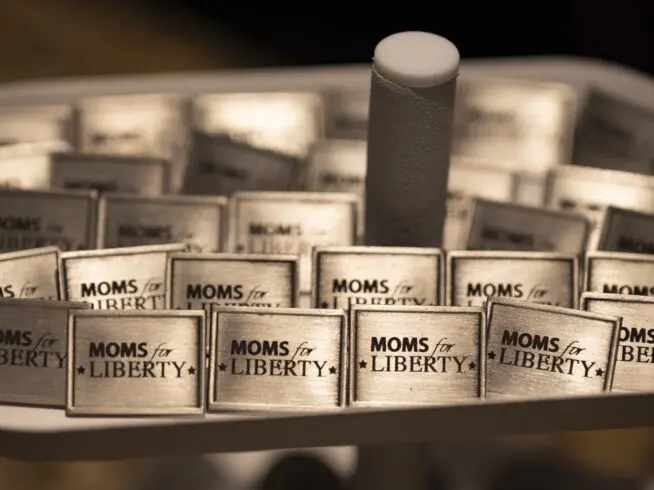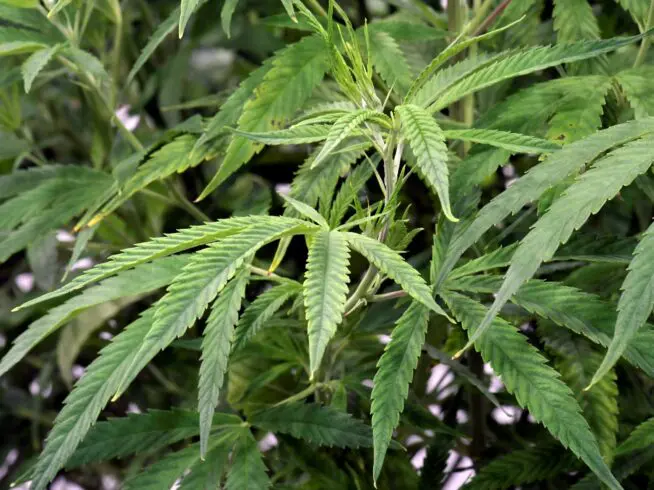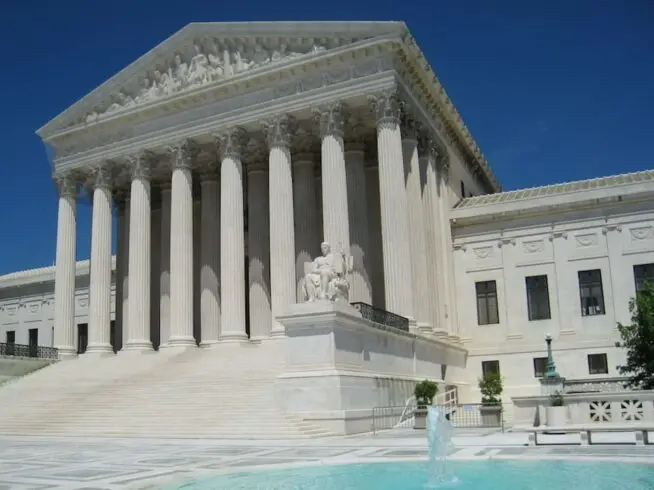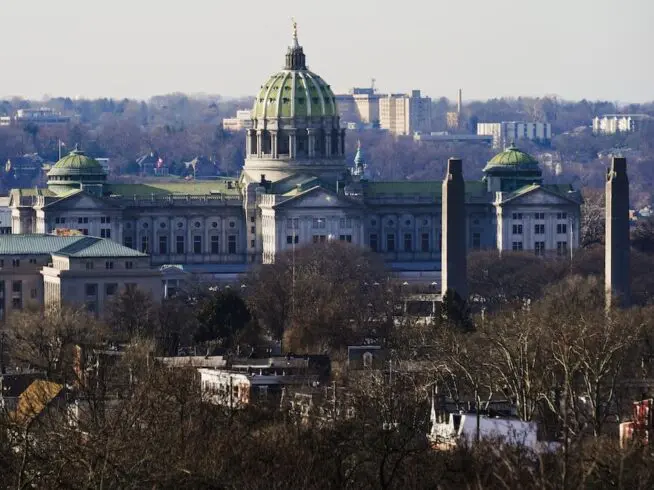Pennsylvania elections 2023: A voter’s guide to the state Supreme Court race
Democrat Daniel D. McCaffery and Republican Carolyn Carluccio face off.
Voters in Pennsylvania will choose the replacement for the late state Supreme Court Justice Max Baer in November’s election. The race could have major implications for the future of abortion, voting rights and election results in the state.
Daniel McCaffery, a Superior Court judge running as a Democrat, and Carolyn Carluccio, a Montgomery County Court of Common Pleas judge running as a Republican, are the candidates vying to become the next Supreme Court justice.
Pennsylvania is one of seven states that hold partisan elections for justices to serve in the state court system.
Democrats currently hold a 4-2 majority on the state Supreme Court, which means the outcome of this election will not change the partisan makeup of the court. However, three of the state’s Democratic justices are up for a retention vote in 2025, which could change the court’s political leanings. Retention votes allow Pennsylvanians to decide whether to grant a justice another 10 years on the state’s highest court or remove them from office.
In the past couple of years, the Supreme Court’s Democratic justices have barred Republican efforts to throw out a mail-in voting law and overturn President Joe Biden’s 2020 victory in the Keystone State. The court is poised to make a decision regarding a city’s right to impose municipal firearms laws and is weighing a case that could overturn a law banning Medicaid from covering abortion care in Pennsylvania.
Additionally, there are three election-related cases pending in lower courts that could land before the Pennsylvania Supreme Court: a lawsuit filed by a failed Republican candidate who is challenging the results of the 2022 midterms; a lawsuit filed by a right-wing group called the Lycoming County Patriot challenging the results of the 2020 election; and a lawsuit filed on behalf of the right-wing group PA Fair Elections challenging a state law that allows some residents to register to vote without photo identification.
McCaffery has centered support for abortion rights during his campaign for the Supreme Court, saying he disagrees with the U.S. Supreme Court’s decision overturning Roe v. Wade and ending the nationwide constitutional right to abortion in 2022.
“It’s pretty clear from a personal standpoint that I believe those particular issues are best decided between a woman, her conscience and her doctor,” McCaffery told Politico.
Abortion is currently legal through the 23rd week of pregnancy in Pennsylvania, and McCaffery told Politico that he would “obviously uphold the law.”
In Wisconsin, Supreme Court Justice Janet Protasiewicz had similarly centered abortion rights in her campaign for the court and defeated her conservative opponent by 11 percentage points in the April 4 election.
A number of reproductive rights groups are backing McCaffery’s bid, including Reproductive Freedom for All and Planned Parenthood Pennsylvania’s political action committee.
“State courts are the front line in the fight for reproductive freedom, and it’s critical that we elect fair-minded judges who value our fundamental rights,” Reproductive Freedom for All President and CEO Mini Timmaraju said in an Oct. 6 statement announcing the group’s endorsement of McCaffery.
Labor unions and environmental groups are also supporting McCaffery’s run, including the Sierra Club, Clean Water Action, and the Pennsylvania State Building and Construction Trades Council.
Carluccio has landed backing from anti-abortion groups, including the PA Pro-Life Federation and the Pro-Life Coalition of Pennsylvania. The Keystone reported in May that Carluccio had removed a resume that touted her anti-abortion positions from her campaign’s website, and that it had stated that Carluccio would defend “all life under the law.”
Carluccio does not list any endorsements on her campaign website.
In a September interview with CNHI Pennsylvania newspapers, Carluccio said the media has mischaracterized her stance on abortion and that there had been “no scrubbing involved” regarding the “all life under the law” statement disappearing from her website.
“I’m going to tell you right now, my position is I follow the law,” Carluccio said in reference to abortion. “Until somebody changes the law, that’s what I’m applying.”
In an interview for a separate American Independent Foundation story, McCaffery questioned Carluccio’s statement.
“I mean, you had three individuals appointed by former President Trump that stood in front of the American public, each one of them answered questions the way that you would expect them regarding precedent, regarding stare decisis [Latin for “things decided”]. And each one of them promised to follow the law,” McCaffery said of the three U.S. Supreme Court justices appointed by Trump who voted to overturn Roe v. Wade. “And then each one of them basically overturned the law or changed the law and changed precedent, and disregarded what they said to the American public.”
Reproductive rights groups said they’re concerned that a Carluccio win could translate to an attack on abortion rights in Pennsylvania.
Planned Parenthood Votes announced in August that the organization had launched a six-figure digital ad campaign focused on Carluccio’s anti-abortion views.
“Carolyn Carluccio ran on being an anti-abortion judge in the Republican primary but now she’s trying to hide her anti-abortion views,” Planned Parenthood Votes spokesperson Breana Ross said in a prepared statement. “She cannot be trusted to respect Pennsylvanians’ constitutional rights.”
Both candidates further discuss their background and views in Pennsylvania Bar Association’s questionnaires; McCaffery’s can be seen here, and Carluccio’s is here.
Published with permission of The American Independent Foundation.




